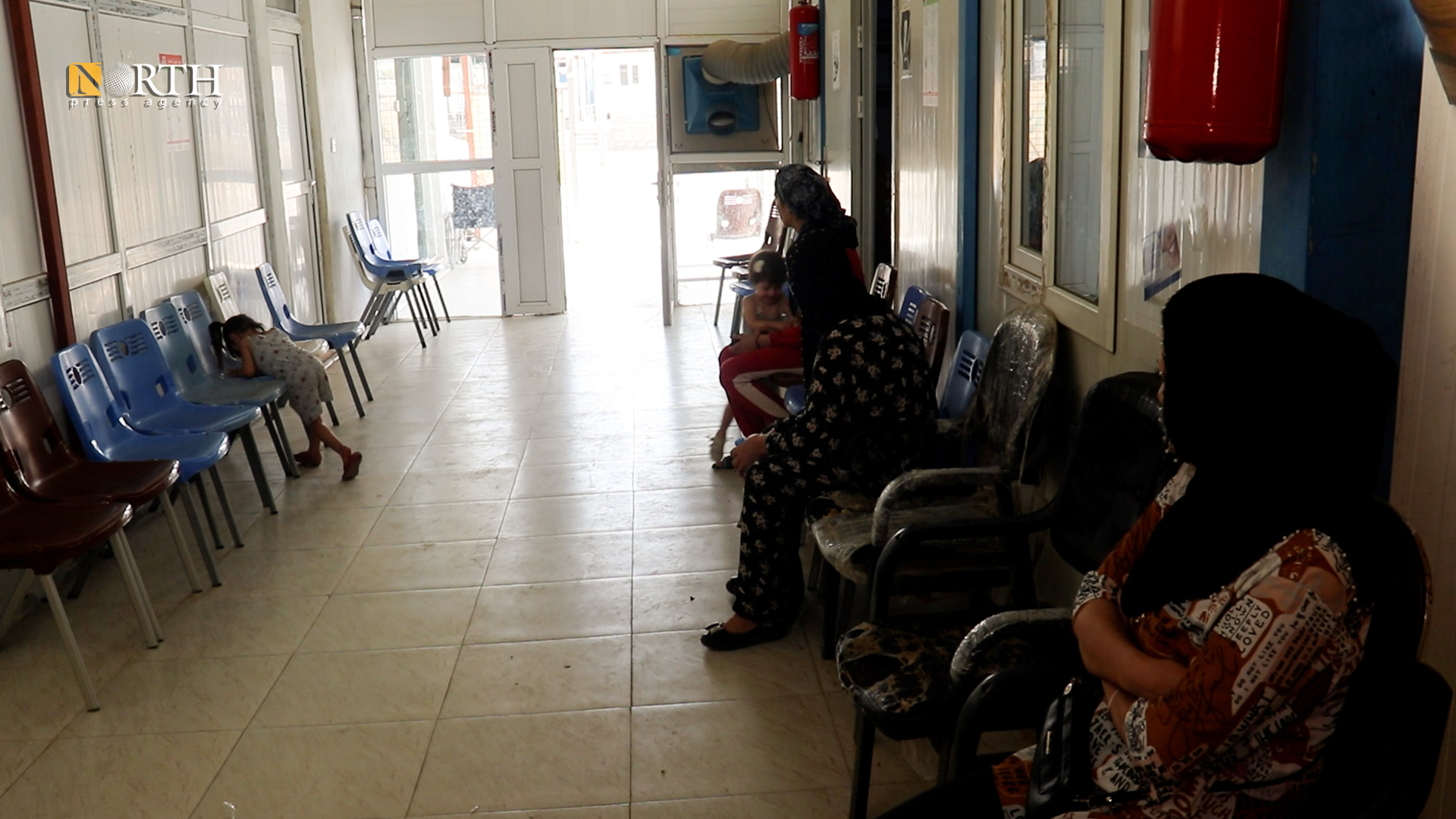ERBIL, KRI, Iraq (North Press) – Idris Muhammad, a Syrian refugee in Erbil, the capital of Kurdistan Region of Iraq (KRI), keeps thinking about how to provide $200 per month for his sick family.
Muhammad said that medicines are expensive, and that there is huge difference in their prices between one pharmacy and another.
The difference might go up to 10.000 Iraqi dinars (about $7) sometimes more, in reference to the absence of monitoring in unifying prices.

Muhammad is unable to provide medicines for his family, so he resorted to try to get some of them at a cheaper price from Syria and some others for free from a charitable person in Baghdad.
Syrian refugees in Erbil complain about the medications’ high prices that cannot be dispensed with or rationed.
Syrian refugees in Kawergosk camp in Erbil suffer from high cost of medicines and its variation from one pharmacy to another, the matter prompts them sometimes to borrow money so they can provide them, or to order them at a cheaper price from Syria by some travelers.
There is a medical complex in the camp with a pharmacy that has been placed lately to provide medical services to families in need.
Doctors provide medical care and services through this complex but not for free although services are being provided for nearly free of charges for some cases.
Zubayda Ajjo, another Syrian refugee complains about medication’s high prices, as she buys same medicine three times a month.
“The price of my medicine reaches 50.000 Iraqi dinars (about $34), because I suffer from several diseases, including high blood pressure and diabetes,” she told North Press.
Kawergosk includes many Syrian refugee families, who suffer from chronic diseases that need special medical care and all the time medication.
Previously, the Syrian refugees had benefited of the free services of the medical clinic that was established inside the camp right from the start, but it was canceled by the UN later.

Some Syrian doctors inside the camp bear part of the burdens of the refugees and try to help them, including Dr. Raman Muhammad who provides many semi-free services to families inside the camp.
Muhammad said, “Most families cannot afford the high costs of medicines, so we provide payment in installments.”
“We deduct half of the price of the medicines for the poorest families, and we also provide free medical examination from time to time,” he added.
The total number of Syrian refugees in the KRG reaches about 250,000 people, according to United Nations statistics.

